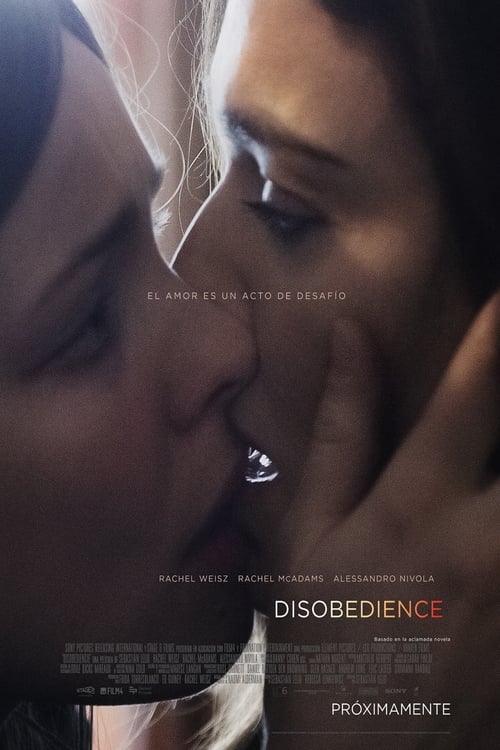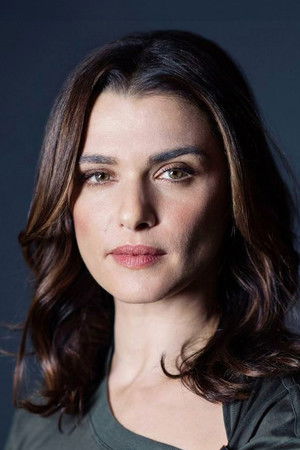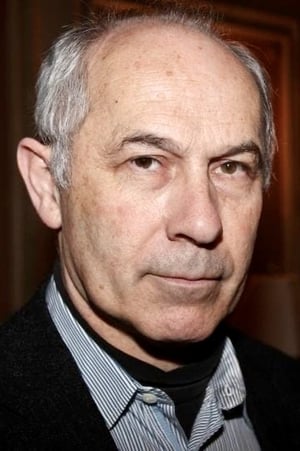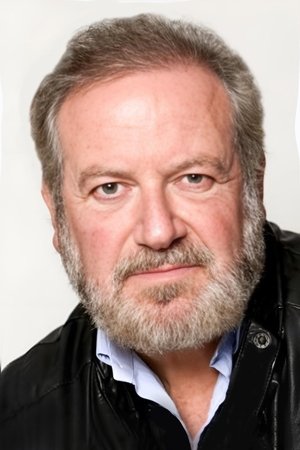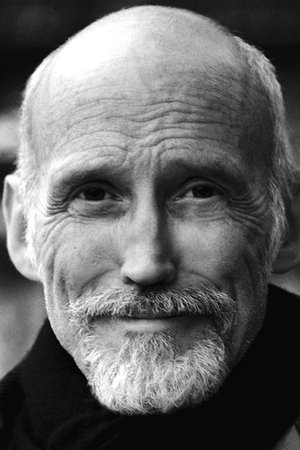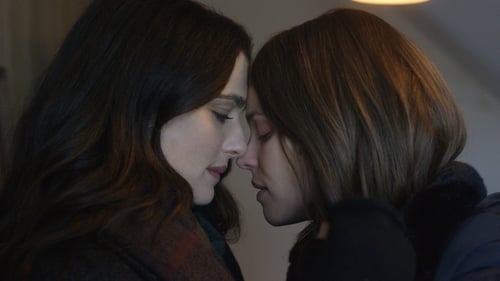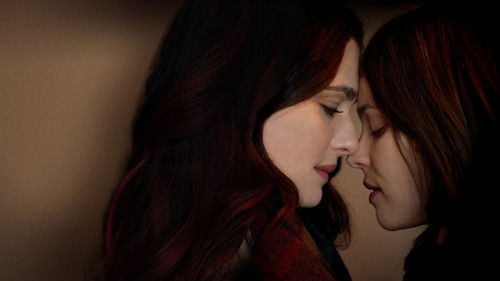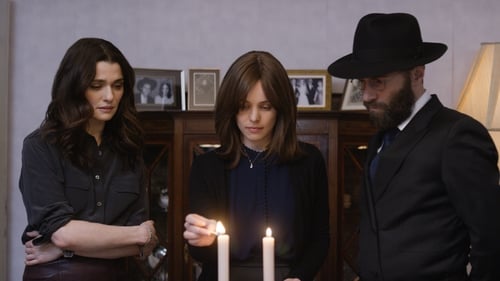
Danybur
8
|
ago. 08, 2021
**_Un viaje al pasado y al futuro / A trip to the past and the future_**
(Español / English)
Sumario
Sensible crónica de un complejo reencuentro de una fotógrafa con un amor de juventud, en el marco de su retorno a una comunidad ortodoxa judía londinense donde ambas habían crecido. Un enfoque con personajes plenos de matices, lejos del maniqueísmo de la serie Poco ortodoxa y con grandes actuaciones, sobre todo, la de Rachel McAdams.
Reseña
Ronit (Rachel Weisz), una fotógrafa radicada en Nueva York debe retornar a Londres cuando se entera la muerte de su padre, rabino de una comunidad ortodoxa en esa ciudad, donde ella se crio. El viaje implicará el reencuentro con Esti (Rachel McAdams) y su marido Dovid (Alessandro Nivola) y con sentimientos que había tenido que dejar atrás.
Los afiches de la película anuncian inequívocamente que ese amor del pasado de Ronit es Esti. De todos modos, es ejemplar la manera en que la película de Sebastián Lelio revela ese vínculo, planteada con cierta tensión, como para un espectador que lo desconoce. Y aún así, conserva cierto factor sorpresa cuando termina manifestándose.
Y la sorpresa está dada por la dinámica del vínculo que renace entre ambas. Ronit debió abandonar la comunidad mientras que Esti se adaptó a ella casándose con el amigo de ambas. También se trata de un momento clave en la vida de Dovid, discípulo predilecto del fallecido rabino (padre de Ronit) y su seguro sucesor.
Con flema inglesa, el entorno familiar y comunitario le hará sentir a Ronit cómo se siente respecto de sus decisiones pasadas y su presente, mientras transita un duelo con contradicciones y un reencuentro amoroso al mismo tiempo. Pero es Esti la que acaso comience a recorrer un camino más acorde con sus sentimientos y su deseo, un recorrido que puede llevarla de la resignación a la libertad.
Lelio va desenrollando admirablemente el ovillo de este triángulo amoroso, de este drama de tres personajes en una encrucijada. Las escenas de intimidad sexual entre ellas logran el equilibrio perfecto entre el recato y una osada e intensa sensualidad por momentos epifánica. Por otro lado, si bien se trata de una comunidad ortodoxa, la intimidad del matrimonio permite vislumbrar que no estamos ante los extremos planteados en la miniserie Poco ortodoxa. Justamente, es el personaje de Dovid el que también aporta una complejidad que aleja a la historia y a la película del maniqueísmo de buenos y malos planteado por aquella serie.
La performance del trio protagónico es ejemplar, pero es Rachel McAdams quien se lleva los laureles marcando cada una de las etapas de la evolución de su introvertido personaje, del mismo modo que Lelio va modificando el tono de su relato al compás de las emociones de sus personajes.
(Spanish / English)
Summary
Sensitive chronicle of a complex reunion of a photographer with a young love, as part of her return to a London Jewish Orthodox community where both had grown up. An approach with characters full of nuances, far from the Manichaeism of the Unorthodox series and with great performances, especially that of Rachel McAdams.
Review
Ronit (Rachel Weisz), a photographer based in New York, must return to London when she learns of the death of her father, a rabbi of an Orthodox community in that city, where she grew up. The trip will involve the reunion with Esti (Rachel McAdams) and her husband Dovid (Alessandro Nivola) and with feelings that she had had to leave behind.
The movie posters unequivocally announce that Ronit's past love is Esti. In any case, the way in which Sebastián Lelio's film reveals this link is exemplary, posed with a certain tension, as if for a viewer who does not know it. And yet, it retains a certain element of surprise when it ends up manifesting.
And the surprise is given by the dynamics of the bond that is reborn between the two. Ronit had to leave the community while Esti adapted to it by marrying their friend. It is also a key moment in the life of Dovid, a favorite disciple of the late Rabbi (Ronit's father) and his sure successor.
With English phlegm, the family and community environment will make Ronit feel how she feels about her past decisions and her present, while she goes through a duel with contradictions and a loving reunion at the same time. But it is Esti who may begin to walk a path more in line with her feelings and her desire, a journey that can take her from resignation to freedom.
Lelio admirably unwinds the ball of this love triangle, of this drama of three characters at a crossroads. The scenes of sexual intimacy between them achieve the perfect balance between modesty and a daring and intense sensuality at times epiphanic. On the other hand, although it is an Orthodox community, the intimacy of the marriage allows us to see that we are not facing the extremes raised in the Unorthodox miniseries. It is precisely the character of Dovid who also contributes a complexity that distances the story and the film from the Manichaeism of good and bad posed by that series.
The performance of the leading trio is exemplary, but it is Rachel McAdams who takes the laurels marking each of the stages of the evolution of her introverted character, in the same way that Lelio is modifying the tone of his story to the rhythm of the emotions of his characters.
